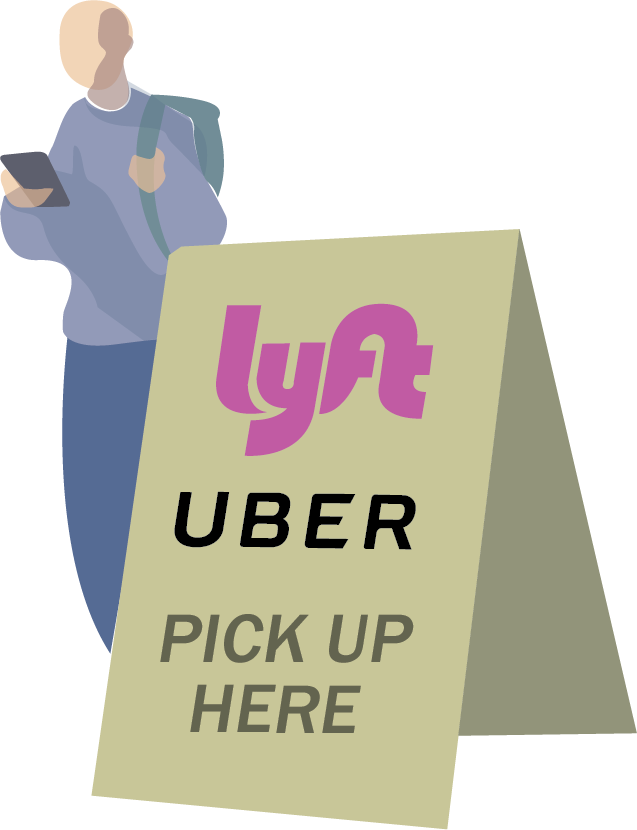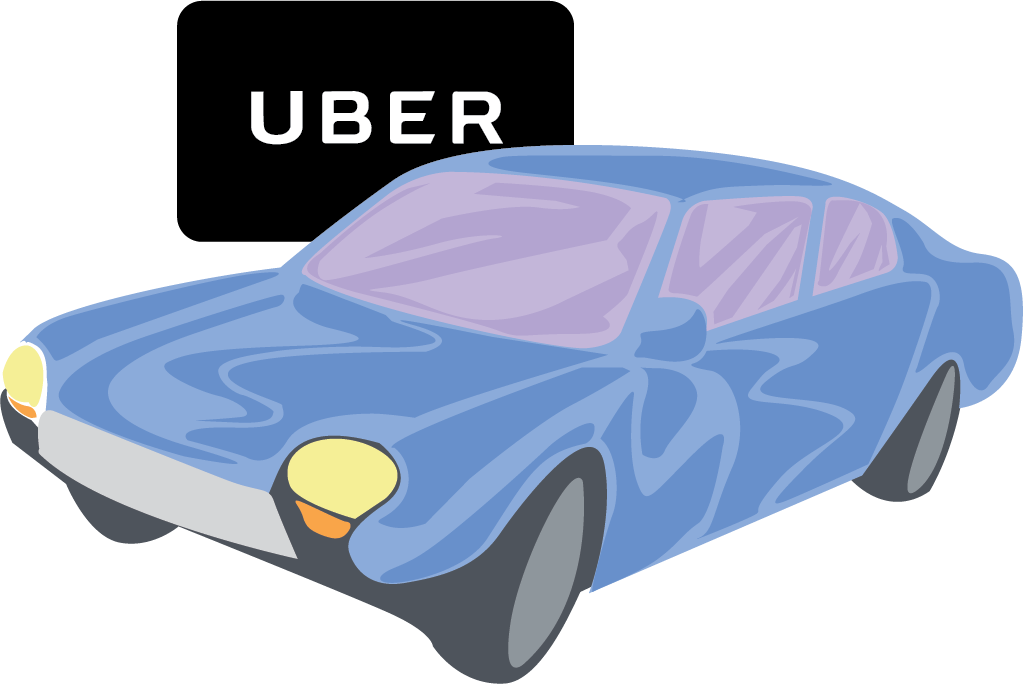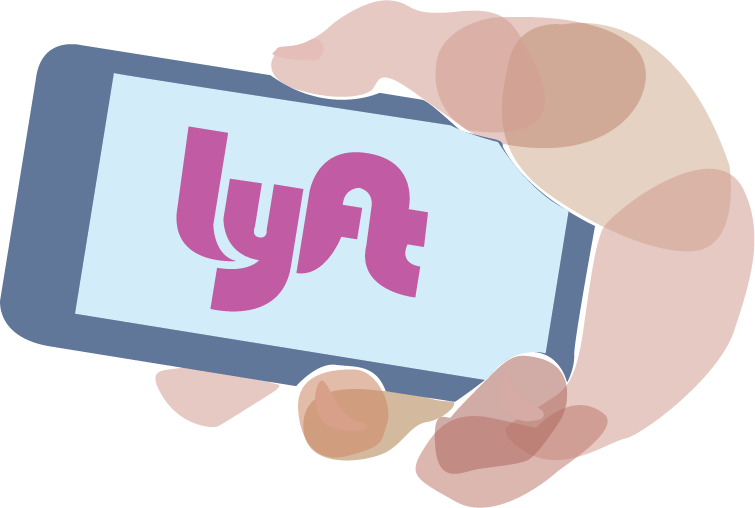That is a great question. Each driver’s situation will have unique facts and circumstances, so the answer is “it depends."
 Let’s discuss some general scenarios and you can see if any of these apply to you. You may also want to reference the instructions for Schedule C here as well as this article from the Taxpayer Advocate’s office to see what the IRS says about this issue.
Let’s discuss some general scenarios and you can see if any of these apply to you. You may also want to reference the instructions for Schedule C here as well as this article from the Taxpayer Advocate’s office to see what the IRS says about this issue.
In short, the IRS Code says:
- Taxpayers can deduct business expenses if they are ordinary, necessary and reasonable.
- Generally, an ordinary expense is one that is common for the particular type of business that you operate.
- Generally, a necessary expense is one that is appropriate and helpful for the development of the business.
- Expenses must generally be paid or incurred during the tax year by the taxpayer to generate a trade or business income.
As a rideshare driver, you are an independent contractor. You will need to file a Schedule C,
Profit or Loss from Business, with your Form 1040 at tax time. The Schedule C is used by sole proprietors, which is your business type if you are not using another type of business entity. You will need to take your income – most likely reported on a Form 1099-K, 1099-NEC, or 1099-MISC – and then list all the expenses that you want to deduct for your business. Remember your expenses must meet the guidelines of
ordinary,
necessary, and
reasonable. Also, remember that even if your business income is not reported on one of these forms, such as cash tips, it should be reported as income on your Schedule C.
 Example 1: Peter – Uber Black
Example 1: Peter – Uber Black
Peter is an Uber Black driver, and riders using the black car service expect an elevated level of experience and “extras” that one wouldn’t normally get with UberX or Lyft. In addition, Peter has a luxury vehicle that feels like riding in a limo. This is how he maintains his 5-star ratings. In this circumstance, is there an expectation that he will provide snacks for his riders? If the answer is “yes,” (and I believe it is with Uber Black), then he may be able to deduct snacks as an
ordinary and necessary business expense. Look at what other Uber Black drivers customarily do. Look at the Uber website. The key is to document that deducting the snacks is reasonable, given the circumstances. Keep the receipts and proof that the expenses were paid during the tax year with your tax records for at least 5 years.
 Example 2: Jane Lyft
Example 2: Jane Lyft
Jane is a Lyft driver. She drives a basic 4-door sedan. Her riders are people who just want to get between point A and point B. Snacks and water may be a nice perk, but they are not necessarily an expectation of the basic Lyft rider. The circumstances here probably don’t support Jane deducting snacks on her Schedule C.
Whether you drive for Uber, Lyft or another rideshare company, it is the facts and circumstances that dictate the possible deductibility of an expense. You can look on the Uber or Lyft app for Best Practices which often lists expectations. For example, Lyft advises its drivers to have a phone charger available to riders. Does that mean you need to get several different cords? Look at your market area, determine what makes you competitive, and then document it.
A note for California Drivers: CA Prop 22, which allowed gig economy companies to classify their workers as independent contractors, has been upheld in appeals as of March 2023. Although there are sure to be more challenges, for now, gig workers are independent contractors.
To summarize, the deduction of any expenses, including snacks for riders from rideshare drivers, depends on your personal facts and circumstances. Do your research to show what other drivers do and document the items that are considered ordinary expenses for your particular type of business.
If you receive a tax agency letter questioning your deduction, remember that TaxAudit has a team of tax professionals who are always ready to assist you. You can learn more about our audit defense service by clicking
here.